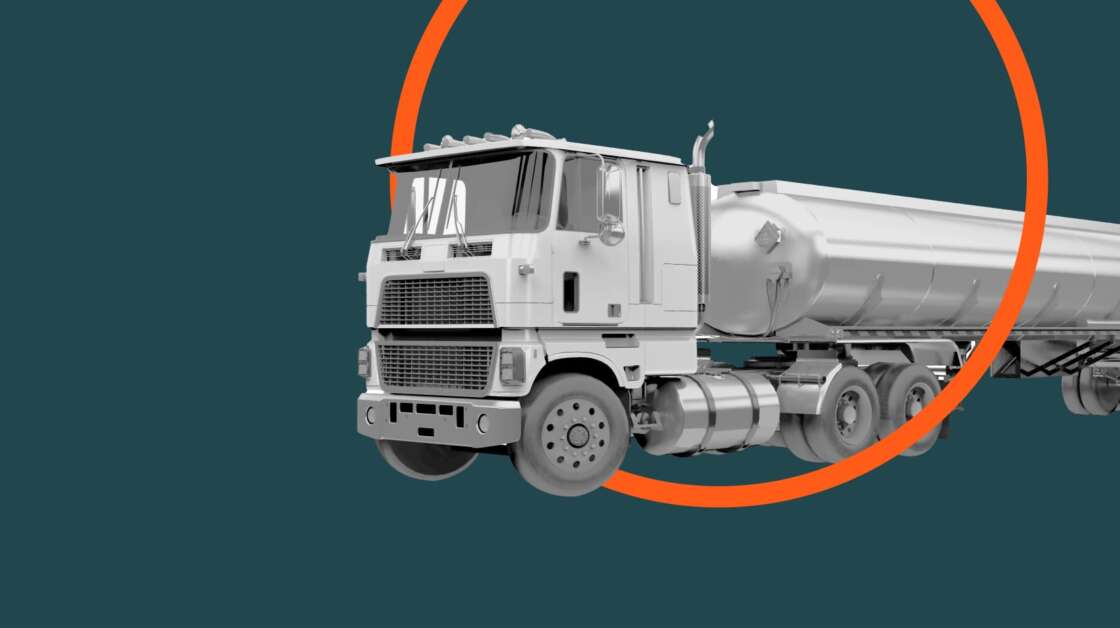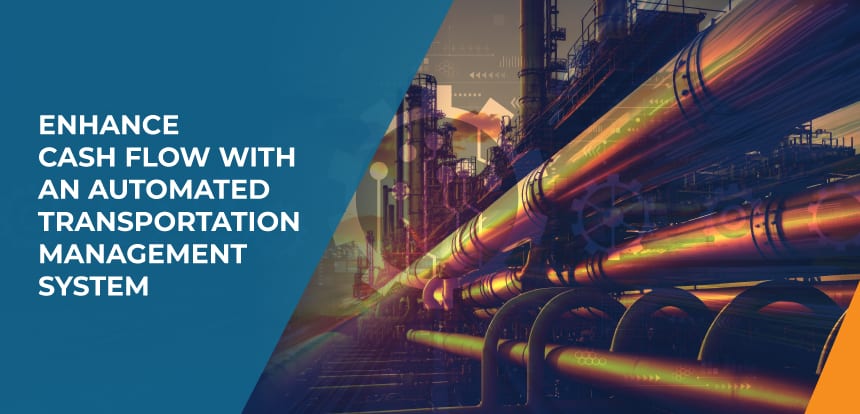Accelerate Settlements & Cash Flow with an Automated TMS for Oil & Gas

The logistics industry has undergone a remarkable digital transformation over the past decade, with technology powering operations that once seemed impossible. Yet transportation management in the oil and gas sector continues to rely heavily on manual processes, where paper tickets and spreadsheets dominate workflows. For an industry where cash flow drives every operational decision, these outdated methods create unnecessary bottlenecks that delay settlements and strain financial resources. Innovative oil and gas transportation management software provides a solution to these persistent challenges, transforming how midstream companies handle their pipeline accounting and logistics operations. By automating the entire settlement process, these systems eliminate errors, reduce administrative burden, and accelerate the path from delivery to payment.
The Cost of Manual Transportation and Invoicing Processes
Traditional invoicing in oil and gas transportation follows a predictable yet problematic pattern. Drivers complete their deliveries, manually fill out bills of lading, and submit paperwork to the office. Administrative staff then sort through stacks of documents, passing them to accounting teams who painstakingly enter data into spreadsheets. When discrepancies arise or information is missing, the entire process grinds to a halt while teams investigate what happened, where, and when.
Every manual touchpoint introduces opportunities for error. Drivers might omit critical information on bills of lading, tickets can go missing between the field and the office, and data entry mistakes compound as numbers move from paper to digital formats. These errors create an administrative burden that goes way beyond simple corrections. Staff members spend countless hours tracking down missing information, reconciling discrepancies, and responding to customer inquiries about billing issues.
The real cost of manual processes, however, lies in delayed settlements and cash closes. When invoice preparation takes days, let alone weeks, instead of hours, payment cycles stretch accordingly. Extended settlement periods create a cascade of operational challenges that impact every aspect of the business. Cash flow constraints limit operational flexibility and growth opportunities. Vendor relationships suffer when payments are delayed due to invoicing backlogs. Customer service teams face an onslaught of billing inquiries that further strain resources. Meanwhile, competitors with more efficient systems gain market advantage through faster, more reliable billing processes. In an industry where margins matter and timing is everything, manual invoicing ends up being a competitive disadvantage that compounds over time.

Why Oil & Gas Needs a Digital Transportation Management System (TMS)
Digital transportation management systems fundamentally transform how midstream companies handle their pipeline operations. By automating the entire settlement process and integrating directly with existing ERP systems, a modern TMS eliminates the delays and errors inherent in manual workflows. Real-time data capture replaces paper tickets, automated calculations eliminate spreadsheet errors, and instant invoice generation accelerates the entire billing cycle.
Complex rate structures that once needed extensive manual calculations become straightforward automated processes. Modern TMS oil and gas platforms accommodate any pricing model, from simple per-mile rates to intricate accessorial structures with multiple variables. Rate tables update automatically, ensuring accurate billing regardless of contract complexity or market changes. What once took hours of manual calculation now happens instantly and accurately with each transaction.
Customer relationships improve dramatically when billing transparency increases. Through dedicated portals, customers gain immediate visibility into their invoices, including detailed breakdowns of charges, supporting documentation, and complete audit trails. Questions that went through several days of back-and-forth communication receive instant answers through self-service access. Disputes resolve faster when both parties work from the same real-time data, strengthening partnerships and reducing administrative overhead.
Benefits of an Automated Oil and Gas TMS Software
Automated transportation management systems deliver immediate operational improvements that directly impact the bottom line.
Rapid Data Processing at Scale
W Energy’s Transportation and Terminal Management Module processes massive volumes of transportation data in seconds rather than days. Real-time data management enables operators to quickly identify imbalances, minimize discrepancies, and ensure accurate data volume tracking throughout the network. With rapid data processing, midstream operators can enjoy faster invoicing, enhanced regulatory compliance, greater confidence in reported volumes, and improved financial accuracy and operational efficiency.
Advanced Allocation Framework
Complex volume allocations across multiple shippers and contracts become manageable through intelligent automation. W Energy’s advanced allocation methods ensure accurate distribution of volumes among stakeholders while maintaining complete audit trails. Dependencies between allocations are handled automatically, eliminating the manual calculations that typically lead to disputes and delays.
Comprehensive Terminal and Pipeline Management
From initial data entry through final invoicing, W Energy provides complete workflow automation for midstream transportation operations. Our solution handles tariff management with complex pricing structures, accommodates volume commitments and pricing tiers, and utilizes flexible fee structures with formula-based calculations. User-friendly data grids offer Excel-like functionality for familiar, efficient analysis, while automated process scheduling ensures timely data management without manual intervention.
Ready to Get Started with W Energy?
The oil and gas industry no longer needs to accept manual processes as the status quo. With W Energy’s cutting-edge transportation management solution, midstream operators can automate invoice processes from open to close. The result is faster settlements, more consistent and timely cash closes, and cash flow you can count on.
Request a demo from W Energy today to see how our platform can transform your pipeline accounting and accelerate your path to payment.

Author: Tyler Burns, Solutions Engineering Manager
Tyler started his transportation career running marketing and business development for All Things Automotive which was founded through a multi-million dollar investment partnership from Carquest. After that business was sold to the Thomas Automotive Group, Tyler began working in automotive and transportation consulting for Mcmillan Doolittle in Chicago where he later founded Carmacy, a tech forward fleet servicing business based in Memphis that grew to service 12 markets nationwide and counted Autozone, Hertz, Merry Maids, as clients. That business was sold to Spiffy in 2019. Tyler later joined a team in Boston that founded and sold a shipper TMS, Kuebix, to Trimble Transportation. In 2021, following his work at Trimble, he joined W Energy to drive new market opportunities for the W Energy TMS platform.
Connect with me on LinkedIn